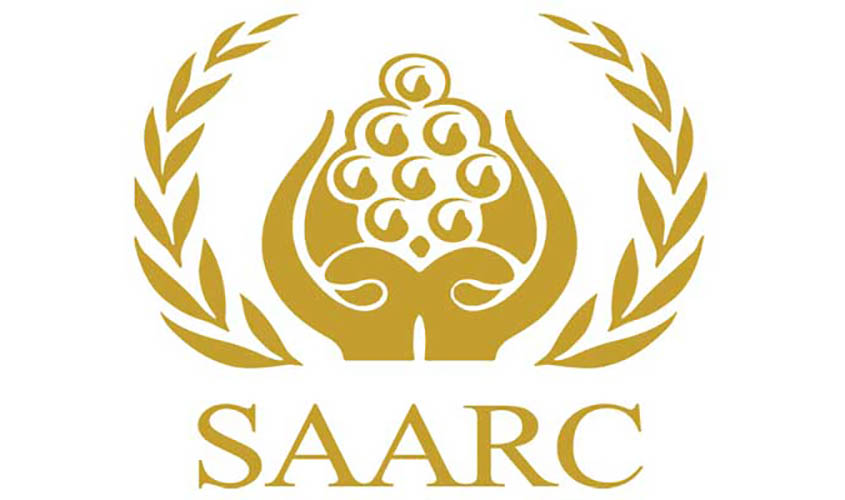The offer of refuge in India could incentivise Wahhabi fanatics in Pakistan and Bangladesh to drive out Hindus, Sikhs and Christians from these two countries.
The 8 November 2016 demonetisation of 86% of the country’s currency was intended to (a) deliver a killer blow to black money, (b) choke off counterfeiting and terror funding, (c) ensure a transition from cash to plastic in payments, and (d) give a massive boost to the taxpayer base. However, the biggest demonetisation in world history had unforeseen effects on the small-scale and the farm sector
No wonder that issues of compliance are resulting in frayed tempers and lower than expected collections. The suggestion being made by the Government of India that religious minorities within SAARC countries need a fast track towards citizenship is laudable from the viewpoint of human rights. Protection of minorities is the mark of a civilised society, and countries across the world have opened their borders to those being persecuted because they belong to minority communities. Yazidis, Roma and Kurds are examples of minority groups that have undergone immense pain at the hands of other sections of society. Within SAARC, Hindus and Christians in Pakistan have been made almost extinct by a policy of suppression that has escaped those human rights warriors who daily berate India. The population of religious minorities in Pakistan has fallen from a third to a thirtieth since 1947. In Bangladesh, the Pakistan army launched a programme of genocide in 1970 that led to millions of Hindus fleeing across the border. Unfortunately, the Government of India refused to hold accountable any of the Pakistan army officers and men responsible for the massacre of Hindus and Awami League members. The 93,000 Pakistan army prisoners were sent back to Pakistan without any of them being held accountable in the slightest for acts of genocide. Many may have been given a farewell feast by Indian authorities before being sent back to Pakistan. In Bangladesh, the mistreatment of Hindus continues, and even after 1972, a steady flow of refugees (mainly Hindu, but soon afterwards Muslim as well) came across the border, mainly to Assam and to other parts of the Northeast. While there has been much talk about sending such infiltrators back, successive governments in the Lutyens’ Zone have forgotten these words once they came to office. And now there is a proposal to fast-track citizenship for Sikhs, Hindus and Christians coming to India from SAARC countries.
Just as in the case of GST or DeMo, there may lurk unintended consequences in such an altruistic move, apart from the fact that several Muslims as well suffer discrimination, especially the Shia or groups such as the Ahmadiyyas in Pakistan, who have been cruelly persecuted since the1970s. Among them is the fact that the offering of such a refuge in India could incentivise Wahhabi fanatics in Pakistan as well as in Bangladesh to drive out as many Hindus, Sikhs and Christians as possible from these two countries. Such an ethnic cleansing would be welcome to Wahhabis in the two countries, who seek a monochrome society in which divergence is regarded as a crime, and to many zealots, as a capital offence. Opening the doors to citizenship in a country that already has 1.27 billion lawful residents may create a refugee flood should more fanatic regimes come to power in Dhaka and Islamabad, a prospect that is impossible to rule out. Such regimes could be expected to make matters so intolerable for the Hindus, Sikhs and Christians living in our western and eastern neighbours that hundreds of thousands and possibly millions will cross over. Of course, such a flow of minorities away from their countries would be encouraged by any future Wahhabi regime taking office in either Bangladesh or Pakistan. Or the Pakistan army may decide that our move towards citizenship of minorities in Pakistan represents an opportunity to sweep away such elements across the border, and initiate steps that would make such a human flow take place. Of course, it must be added that the idealism of Prime Minister Narendra Modi must be noted. It is clear that the move proposed by him will put in jeopardy the hopes of the BJP for a sweep of the Lok Sabha seats in the Northeast, as seemed likely until the policy was announced. Now the party may find its tally even in Assam sharply reduced as a consequence of ire against what is widely perceived to be a red carpet for those infiltrating from Bangladesh, even if Hindu. At the same time, the move is unlikely to affect the TMC tally in West Bengal, as that party anyway welcomes all migrants, whether they be from the majority or minority population in Bangladesh. Despite the electoral cost, Prime Minister Modi has gone ahead with the plan to provide a refuge to members of the minority community within countries within parts of the SAARC zone that are facing persecution.
Prime Minister Modi has often acted out of idealism, as witness his alliance with the PDP in Jammu & Kashmir and the sudden visit to the country home of Nawaz Sharif. However, rather than an open door policy, what needs to be done is vigorous action by India to impose costs on countries that mistreat their minorities. Consistent pressure has to be brought upon them, and all available fora have to be taken advantage of to identify and shame policymakers in Pakistan or Bangladesh who ill-treat minorities. India fighting for the rights of religious minorities within their own countries may be preferable to giving fanatics in such countries an excuse to drive them out of their own territory by looking to India as a country willing to accept those targeted for persecution in neighbouring nations.

